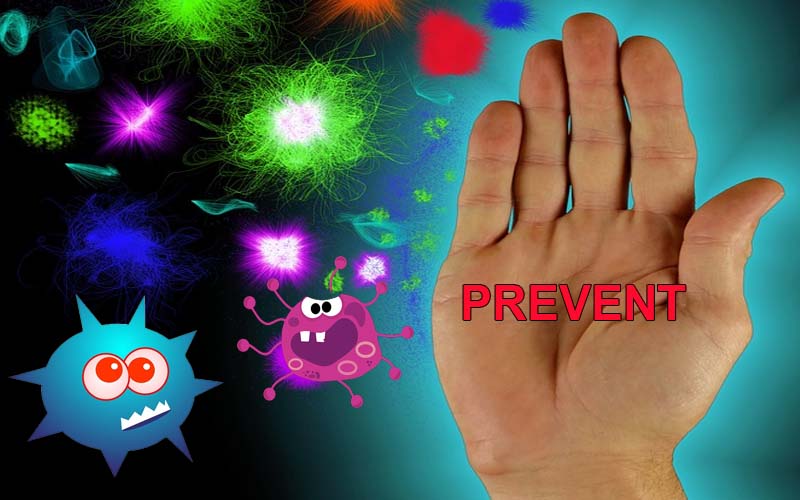Seeing a professional will give you insights into how you handle tough situations and help you to change your behavior. Good professional will help you feel relieved and at the same time you will learn how to talk about your problems. You don't have to keep everything inside, and of course, there's no need to be frightened or ashamed about getting help. Your therapy doesn't have to be continuous or prolonged. Just make sure you are ready to address your issues honestly.
Liking your therapist is the most important factor in getting the best help and have effective therapy. Keep in mind that you are going to talk about your very private things. So, choose therapist you feel most comfortable.
Cognitive behavioral therapy or CBT is the most common treatment. It helps treat depression and anxiety. Depression and anxiety are two of the most common reasons for seeking professional help. CBT (cognitive behavioral therapy) is based on the relationship between what you feel, think and do, and how your feelings can impact your well being.
While most therapists can help with a variety of problems like panic attacks and depression, for more serious problems that are disabling or possibility that can put your life at risk (suicidal thoughts) you will need doctor who is specialized in psychiatry. Psychiatrists are doctors who are specialized in psychiatry after medical school. They can deal with the most serious cases, prescribe medication and give counseling. They are also trained to use variety of psychological tests that will reveal your personal characteristics and help them understand you. Psychological tests will also help your therapist deal with your problems and help them find proper therapy for you.
Pretty much anyone can use title therapist or counselor, so you might wish to ask your family doctor for referral or go through the official counseling association to find one. Just make sure that you are dealing with qualified and certified person who can really help with your issues.
Many treatments start to be effective in two to three weeks and help you feel better in four to six weeks.
Browse Pages:

Did You Know?
Numerous studies show that depression strikes twice as many women as men.
About one third of people suffering from depression don't even get help and most people don't recognize that their symptoms are due to depression.
Common symptoms of depression are often headaches, fatigue, difficulty concentrating, sleeping problems, lack of energy, loss of interest in sex, an inability to experience pleasure, loss of self-esteem and appetite change.
With Binaural Beats technology it is possible to bring the frequencies of the brain to a Low Delta State that will provide DNA stimulation and promote DNA Healing.
Deep breathing helps to trigger your body's relaxation response which helps it return to homeostasis, a state in which blood pressure, heart rate, hormone levels, and other vital functions are maintained within a narrow range of normal.
Proper circulation encouraged by deep breathing exercises can help remove waste from your tissues. Also, oxygen exchange becomes more efficient in the lungs.
Deep breathing appears to stimulate the vagus nerve (which is the longest nerve of the autonomic nervous system in the human body and an important part of parasympathetic nervous system), which works to control muscles that regulate breathing, circulation of blood and many other functions you normally take for granted.
High level of acute stress can impair learning and memory. Too little stress and individuals are not challenged enough to improve. Too much stress, and the challenges become stressors that can impair physical and emotional health. If a stressor persists or if several stressors occur in succession, general exhaustion results.
From the common cold to serious diseases, there are powerful and therapeutically effective supplements available that are now being recommended by both natural and conventional health practitioners.









